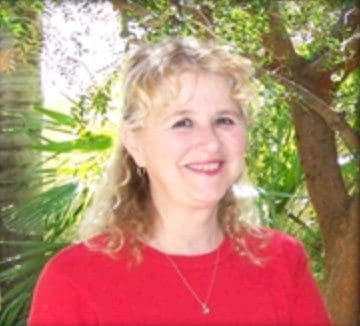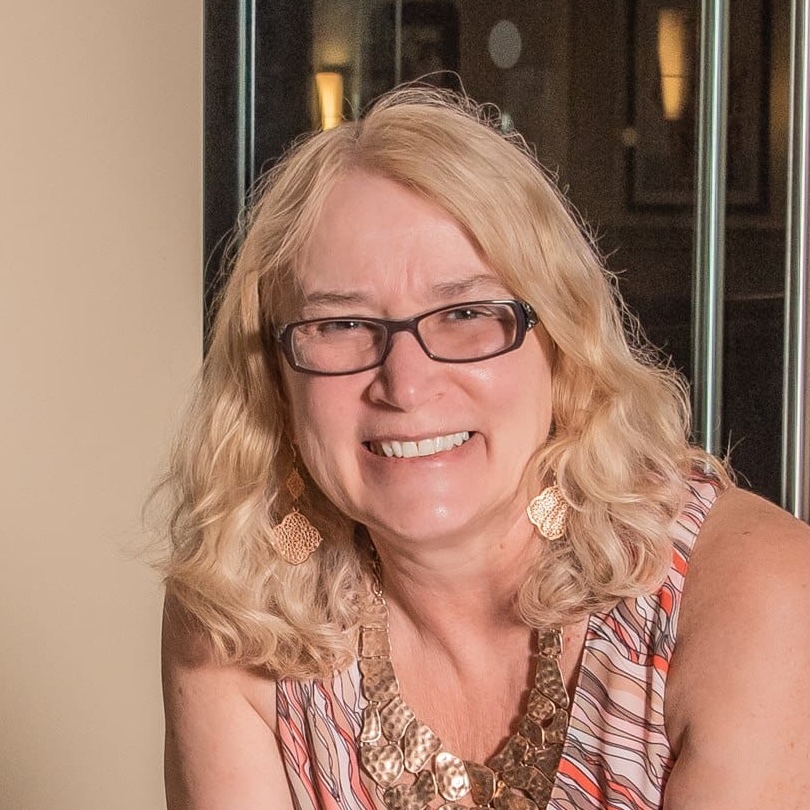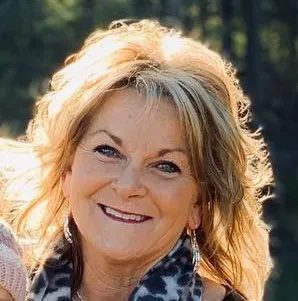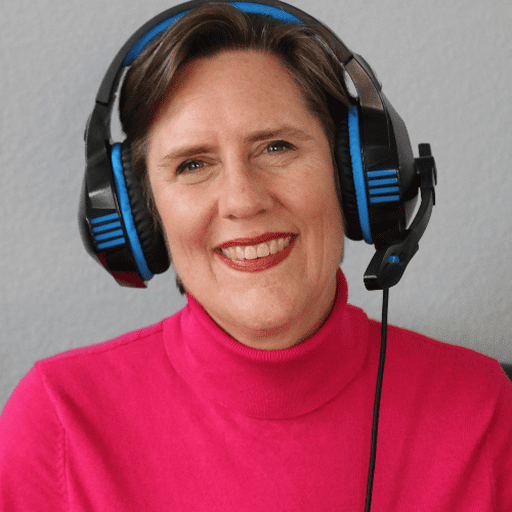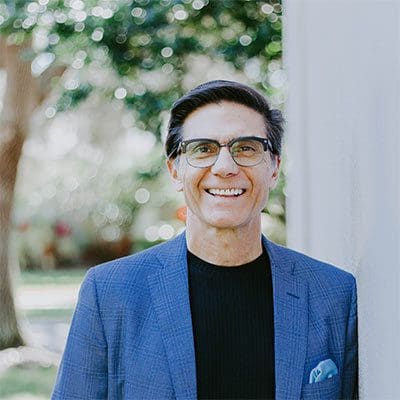In response to “how are you,” “I’m fine” seems to be a universal reply from people suffering. This suffering can be the result of pain, grief, illness, family upheaval, or any other major distress a person is experiencing. Well, my mother would have told you everything and more than you’d ever want to know in response to the question, but I think many will respond with “I’m fine.” What do I, the sufferer, want from you then, if “how are you?” doesn’t work? I want your presence, your normalcy. I want your call saying “let’s go... Continue Reading
Posts Tagged With ‘ Barbara Karnes ’
There is no “if” in dying – only “when.” Yet we act like (and/or pretend) we will live forever. We make no advance directive and assign no power of attorney or durable medical power of attorney. We don’t tell others our thoughts or wants regarding the ending of our lives. We don’t prepare others close to us for what to do or how to manage our affairs when we are gone. “Big mistake,” as Julia Roberts said in the movie Pretty Woman. By not writing out our end of life wishes, organizing our material affairs, or talking to those involved, we are putting ourselves and those close... Continue Reading
“You can’t use an old map to explore a new world.” ~Albert Einstein Taking care of someone at end of life is different from taking care of someone who is going to get better. The challenge is that most people, including healthcare professionals, don’t know this. Most use “old maps to explore this new world” of end of life. I say “new world” because we used to understand that everybody dies. Grandma used to die in the upstairs bedroom with her family present and the cat on the bed. As the medical establishment became more sophisticated, death became... Continue Reading
We think of grief as mourning, of our emotional reaction to a loss. The tears, the “I miss her so much,” the sadness she is no longer with you. Grief is sadness. For some, it may be a relief that someone or something is no longer a part of our life. We don’t just grieve for those we care about. We grieve for people we are challenged by also. Another component when experiencing the death of someone close to us is learning how to live without that person. The component that extends beyond the emotional and into the physical, day to day life experiences. The adjusting to a new way of living,... Continue Reading
Where does someone go who doesn’t have anyone to care for them as end of life approaches? Most people, when told they can’t be fixed, believe they will stay at home, alone if necessary, and die in their own bed. Unfortunately, as death approaches none of us will be able to take care of ourselves. There will come a point when we will need assistance. We probably won’t even be aware we need assistance, but we will. The above question, “Who will take care of us when we can’t take care of ourselves?” is part of the current medical/ social dilemma facing Americans today. The first thought... Continue Reading
For many people, nursing facilities have become their home. It is therefore reasonable that Hospice services be available in facilities. BUT care in a facility is not the same as care in the home. Here are some of the differences—and challenges. Nursing facilities’ focus, by regulations, is to keep people alive. All the care is concentrated on living the best possible life under the circumstances. Yet, most people in nursing facilities are there because of health challenges or aging that has made independent living unsafe. These people will die in the facility. I know that sounds harsh, but... Continue Reading
Sometimes our patients and families don’t want to hear the words “hospice” or “end of life care.” I have been asked, “should we use words that are more sensitive?” I don’t think so; I don’t think we need to use other words to be more sensitive to end of life issues. This seems to be a problem today with physicians and healthcare workers. Don’t use the “d word.” Address treatments but don’t say “There is nothing more we can do.” Everybody dies. Our bodies are programmed to die. From the moment we are born we begin to die, yet... Continue Reading
We talk about a Durable Medical Power of Attorney and how important it is to make our end of life wishes known. If we don’t legally make our wishes known in writing and generally notarized, healthcare professionals will make those decisions for us. Those decisions will be to try to start our heart when it stops beating. (The chances of this procedure being successful if there is a life threatening illness or we are age compromised are slim.) Medical providers will generally listen to the “loudest protester” as to what care is to be given. Generally that loud voice is shouting to do everything... Continue Reading
It has been almost six months since my husband of 62 years died. As an end of life educator I have taught about loss and grief, and even written a booklet about it. BUT what I didn’t really understand were the emotional thoughts and feelings of grief. I couldn’t and didn’t understand because I had not walked in those particular shoes yet. Now I have. I’ve shared thoughts with you during this grief journey. My thinking is if I am feeling a particular way, then others must also. SO, here is what I have experienced recently that would appear “wrong.” I think others must have felt this... Continue Reading
If you look at a person from a healthy perspective you see the need for food, sleep, and socialization. We eat to live. Sleep to revitalize. Interact with others for stimulation. If the body is preparing to die, the reverse is the norm. We gradually stop eating. We begin sleeping more. We begin withdrawing from worldly interests. All of these patterns are part of the normal life progression. However, most people don’t think of the dying part as normal. They have been led to believe that something pathological is happening. Our body is programmed to die. We are born. We experience, and then... Continue Reading


